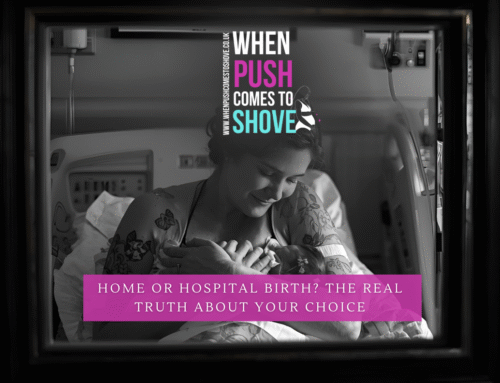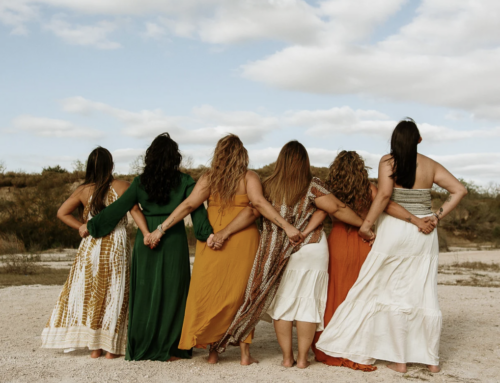Navigating Maternity Care After 35-
A Closer Look Reveals the Surprising Lack of Evidence-Based Guidance for Older Mothers
Evidence? What evidence?
In an era where every Google search yields endless advice and every social media scroll confronts us with ‘expert opinions,’ it’s crucial to question where our healthcare guidelines come from, especially concerning pregnancy after age 35. Interestingly, a deep dive into the Royal College of Obstetricians and Gynaecologists’ (RCOG) ‘Green-top Guidelines’ reveals a telling narrative about the evidence—or lack thereof—shaping our perceptions and treatment of maternal health.
The RCOG’s Green-top Guidelines serve as a compass for clinicians, offering recommendations on a spectrum of obstetric and gynecological topics. These guidelines are meticulously graded based on the quality of evidence supporting them. This grading system, which evolved from a scale of A to D before December 2007 to a scale of A to E thereafter, positions randomised controlled trials, meta-analyses, or systematic reviews as the gold standard of medical evidence (Grade A). Meanwhile, the lowest tier of evidence is drawn from the clinical experience of the guideline development group.
A revealing analysis of these guidelines shows a stark reality: prior to December 2007, a mere 8% of obstetric guidelines were underpinned by the highest level of medical evidence, with 41% relying on the lowest tier. This trend persisted beyond 2007, with 8% still based on top-tier evidence and 40% on the lowest. The landscape of gynecology guidelines paints a similar picture, with an 18% high-level evidence base before December 2007 that slightly decreased to 13% afterward, while the proportion of guidelines based on the lowest level of evidence remained worryingly high at around 40%.
This analysis brings to light a critical issue: the majority of RCOG guidelines, those very standards guiding decisions on women’s health and pregnancy, rest on a foundation of clinical experience, expert opinion, or low-quality studies rather than robust, high-quality research. Such a revelation begs the question of how these evidence gaps affect the advice given to women over 35 looking to conceive.
You’re Too Old? Think Again! Rethinking Pregnancy After 35
In a world that has advanced leaps and bounds since the 1700s, the fact that mainstream maternity care advice for older women may still be anchored in practices not fully supported by high-grade evidence is startling. Gender bias expert and researcher Amy Diehl points out the irony that while women are often cautioned about the so-called “fertility cliff” at age 35, the same scrutiny is not applied to men, despite similar age-related declines in fertility.
Moreover, the often-cited statistic that one in three women aged 35-39 will not be pregnant after a year of trying is a historical artifact, tracing back to French birth records from the 1700s— a time when life expectancy and health conditions were vastly different from today. In contrast, modern studies, such as one published in 2004 involving 770 European women, show that with regular intercourse, 78% of women aged 35 to 40 conceived within a year, a figure not drastically lower than the 84% conception rate among women aged 20 to 34.
The Time for Change is Now
This information not only underscores the need for updated, evidence-based guidelines but also empowers us to challenge outdated notions and advocate for a shift in how we view and manage pregnancy after 35. The narrative that has long defined older maternal age is ripe for reevaluation, calling for an end to terms like “geriatric pregnancy” and “advanced maternal age,” which are rooted in obsolete data and do little more than perpetuate stigma and anxiety.
As we push forward, it’s crucial for women to feel empowered to ask questions, seek out information, and demand care that is tailored to their individual needs and circumstances—care that is informed by the latest, highest-quality evidence available. By doing so, we not only honour the complexity and capability of our bodies but also pave the way for a future where every woman’s journey to motherhood is supported by compassion, understanding, and the best medical science has to offer.
Did you get pregnant after age 35? How was your experience? Comment below and join the conversation about redefining maternal age and embracing the journey on your terms.
Deeper learning – pregnancy and birth
Are you preparing to welcome a new life into the world? Enrol in our Home Study Antenatal Course, meticulously crafted for expectant parents like you. This course offers a deep dive into the birthing process, equipping you with knowledge, confidence, and the tools to navigate your pregnancy and childbirth journey with empowerment and ease.
For Aspiring Birth Professionals: Our Accredited and Certified Doula Course
If your calling is to support and guide women through the transformative experience of childbirth, our accredited and certified Doula Course is your gateway. This comprehensive program provides in-depth training, practical skills, and the latest insights in birth support, preparing you for a fulfilling career as a certified doula.
Get 10% off our courses by using code BLOG10







